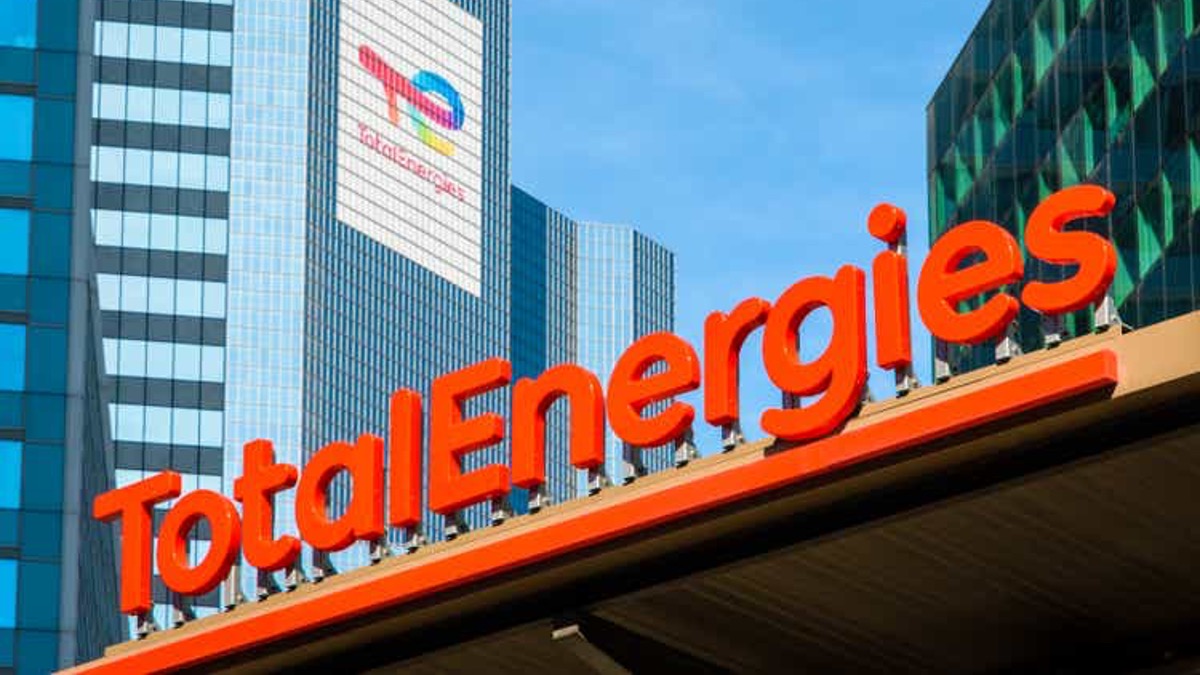TotalEnergies, a global energy giant, has pledged a significant $750 million investment in Nigeria’s gas projects as part of its 2025 growth strategy. This bold move underscores the company’s commitment to strengthening Nigeria’s position as a leading player in the global energy landscape while accelerating its transition to cleaner energy solutions.
Key Highlights of the Investment:
- Focus on Natural Gas Development:
The funds will support the exploration, production, and processing of natural gas, enhancing Nigeria’s capacity to meet both domestic and export demands. - Energy Transition Goals:
TotalEnergies aims to leverage Nigeria’s abundant natural gas reserves to drive its global sustainability agenda, aligning with efforts to reduce carbon emissions and promote cleaner energy. - Boost to Local Economy:
The investment will create thousands of jobs, stimulate local economies, and foster technology transfer, solidifying Nigeria’s role as a key energy hub.
Nigeria’s Gas Sector at a Glance
Nigeria is home to the largest proven natural gas reserves in Africa, with over 200 trillion cubic feet (TCF), and additional potential reserves estimated at around 600 TCF. These reserves not only make Nigeria a dominant player in the African energy sector but also position the country as a significant global energy supplier. Natural gas is seen as a critical resource for the country’s economic diversification, given its versatility in power generation, industrial use, and as a cleaner alternative to oil.
Despite its immense potential, Nigeria’s gas sector faces several challenges:
- Underinvestment: Decades of reliance on crude oil exports have left natural gas underfunded, with insufficient infrastructure to maximize production and utilization.
- Infrastructure Deficits: A lack of pipelines, processing facilities, and storage systems hinders the ability to fully exploit gas reserves, limiting both domestic use and export capacity.
- Gas Flaring: Nigeria remains one of the top countries in gas flaring, an environmentally damaging practice that wastes valuable resources.
- Regulatory Hurdles: Complex and sometimes unclear regulatory frameworks have slowed down project approvals and discouraged private-sector participation.
TotalEnergies’ $750 million investment is expected to tackle these bottlenecks by funding critical infrastructure development and fostering partnerships with local stakeholders. This will not only increase domestic utilization but also enable Nigeria to tap into lucrative export markets, especially in Europe and Asia, where demand for natural gas is rising.
Strategic Benefits for TotalEnergies
Expansion in Key Markets:
By committing to Nigeria’s gas projects, TotalEnergies strengthens its presence in Africa’s largest energy market and one of the world’s fastest-growing regions. With the global push towards cleaner energy sources, Africa’s abundant natural gas reserves present a strategic advantage for companies like TotalEnergies to meet the rising demand while securing long-term profitability. Nigeria’s proximity to major energy-importing regions, including Europe and Asia, adds logistical value to the company’s operations.
Aligning with Global Trends:
The global energy landscape is undergoing a significant transformation as countries and corporations transition from traditional fossil fuels to cleaner alternatives. Natural gas, often referred to as a “bridge fuel,” is playing a central role in this shift due to its lower carbon footprint compared to coal and oil. TotalEnergies’ investment aligns with its broader strategy of achieving net-zero emissions by 2050 while meeting the world’s growing energy needs. By capitalizing on Nigeria’s gas resources, the company is positioned to lead in the global shift toward sustainable energy.
Complementary Government Policies
The Nigerian government’s “Decade of Gas” initiative, launched in 2020, serves as a blueprint for transforming Nigeria into a gas-powered economy. It focuses on increasing domestic gas utilization, reducing flaring, and improving export capacities. The policy underscores natural gas as a transitional fuel that supports economic growth while contributing to environmental sustainability.
Alignment with TotalEnergies’ Goals:
This policy framework provides a favorable environment for investments like those of TotalEnergies, as it prioritizes:
- Infrastructure Development: Building pipelines, LNG facilities, and domestic distribution networks, which are critical for TotalEnergies’ projects.
- Incentives for Investors: The government has introduced attractive fiscal policies, including tax breaks and reduced royalties for gas investments, to encourage private-sector participation.
- Focus on Domestic Utilization: Programs promoting the use of gas in power generation and industrial applications complement TotalEnergies’ plans to enhance Nigeria’s energy self-sufficiency.
Fast-Tracking Implementation:
The alignment of TotalEnergies’ investment with Nigeria’s national strategy is expected to streamline regulatory processes and facilitate faster project execution. With government support, the projects could rapidly move from planning to implementation, unlocking economic and environmental benefits for both the country and TotalEnergies.
This synergy between corporate and governmental objectives not only ensures mutual benefits but also cements Nigeria’s role as a leader in the global energy transition.
